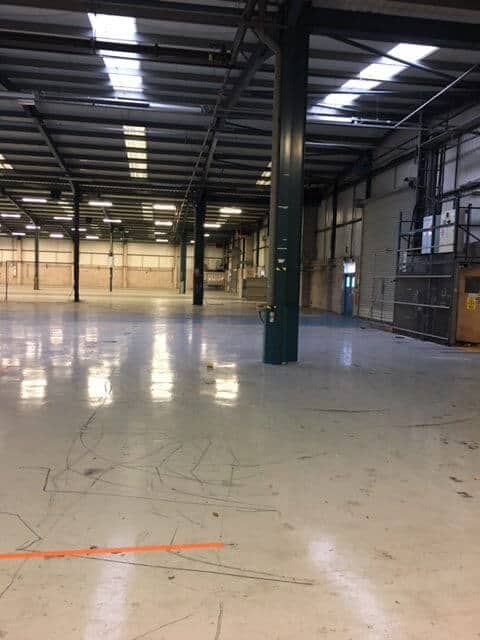
This concept refers to the progressive decrease or depreciation in the market value of a property over a period of time. This decline can be attributed to various factors, such as aging and wear and tear. Understanding and accurately assessing this diminution is crucial for property owners, whether for personal, legal, or financial reasons. Our team of experts is dedicated to assisting you in this complex process. We offer comprehensive evaluations to determine the precise extent of your property's diminished value. By leveraging our expertise, advanced tools, and in-depth market knowledge, we ensure you receive an accurate and fair assessment.
Diminution in Value refers to the loss of value, if any, in the property that was leased due to the dilapidations. According to legislation, a landlord’s damages, or compensation, for dilapidations is capped at the lower of the Cost of the Remedial Works, or the Diminution in Value.
This is because in most jurisdictions in the UK & Ireland, a statutory legal cap limits a landlord’s damages for dilapidations to the lower of the Cost of Remedial Works or the effect (if any) on the property’s value.
The legislation does vary depending on what region of the UK & Ireland you are in, so do not hesitate to get in touch with us for more information.

Of the many distinct disciplines of a chartered surveyor, two are required for the purposes of the Diminution in Value dilapidations procedure.
It is the chartered building surveyor who identifies required repairs and prices their remedy, and the chartered valuation surveyor who assesses to what extent (if any) these items impact the property’s freehold value.
The chartered valuation surveyor is also known as a ‘general practice surveyor’ and a ‘valuer’.
For a tenant, a Diminution Valuation by a chartered valuation surveyor is recommended no later than the point when your chartered building surveyor advises that the Cost of Remedial Works figure has been negotiated to the lowest achievable level.
Because the impact on the value of the property is commonly far less, a reliable Diminution Valuation is required to make a strong case.
Whilst the Diminution in Value cap may appear to be more in favour of tenants than landlords, there are situations in which a landlord will be well served by commissioning their own Diminution in Value report:

For most second-hand commercial properties, carrying out remedial works has diminishing returns. You will reach a point when carrying out more repairs and redecorations can be done, but no more will be added to or recovered in, freehold value.
In other words, not all costed remedial works are ‘value-affective’.
This is for the experienced chartered valuation surveyor to judge objectively, according to open market transacting experience.
It is also the case that many commercial properties that have been leased out for many years, now need modernisation and upgrading works in order to fit with modern expectations and requirements in the open market, irrespective of any dilapidations issues.
For example, even if in perfect condition:
In all the above cases, it will be appreciated that many claimed costed remedial works are either irrelevant to recovering full freehold value or if done, would be made redundant (i.e. ‘superseded’) by likely upgrade, modernisation or conversion works.
It is the valuer’s job to apply both experience and local transactional evidence to identify such items and remove them. Those which remain are, on aggregate, the ones likely to impact value.
In extreme cases, where the chartered valuation surveyor’s research leads to the conclusion that the property is likely to be demolished, or significantly altered, the impact of the dilapidations on freehold value may be none or reduced considerably.